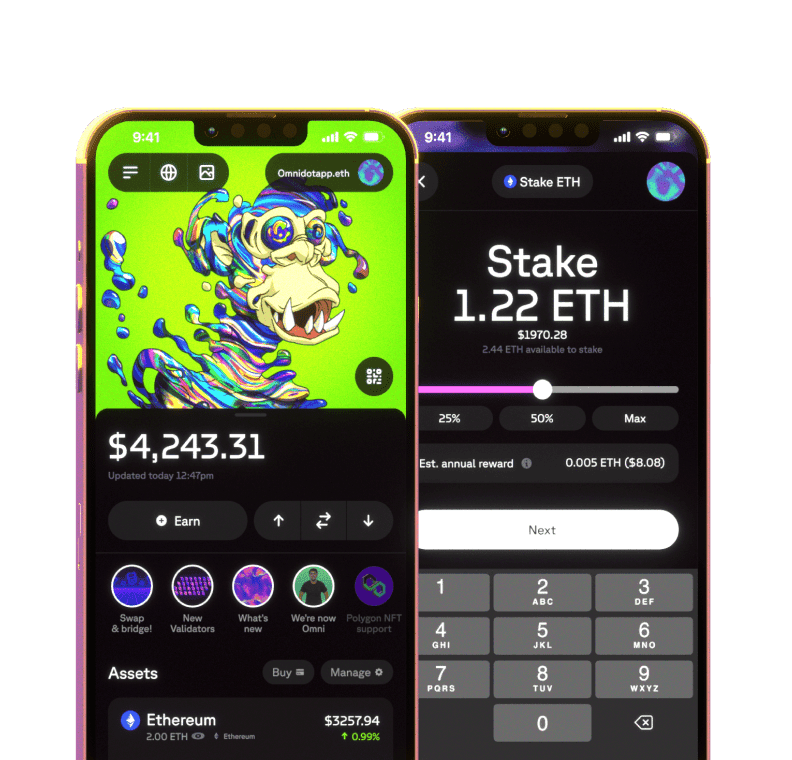Allotment in Definition in Cryptocurrency
In the crypto world, an allotment is basically your slice of the pie—the number of tokens or coins you're allowed to snag during a sale, fundraising round, or distribution. It’s how projects decide who gets what, and how much.
You’ll see allotments pop up in events like Initial Coin Offerings (ICOs) or token sales, where a set number of tokens are up for grabs.
The idea is to keep things fair by capping how many tokens each person (or group) can buy. No one likes a whale scooping up everything in sight, right?
Now, just to clear up a common mix-up: ICOs and IPOs aren’t quite the same thing. IPOs come with legal protections and government oversight. ICOs? Not so much. They’re often a bit of a gamble, running more on trust than regulation—kind of a “buy at your own risk” situation.
Because of that, a lot of people lean toward IDOs instead. Those happen on decentralized exchanges (DEXs) like Uniswap and tend to feel a little more transparent.
Say a project puts a cap at 1,000 tokens per investor during a token sale. That means no matter how deep your pockets are, you can’t buy more than that limit.
It’s a way to keep things balanced and make sure the launch doesn’t get dominated by just a few big players.

